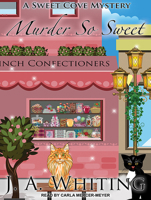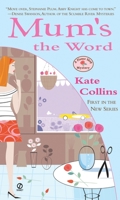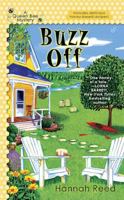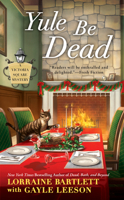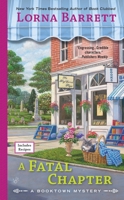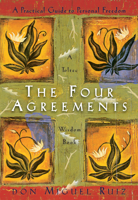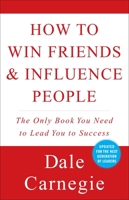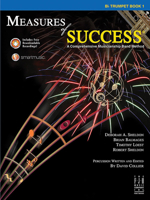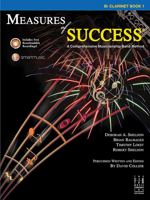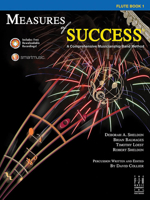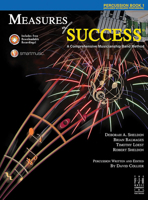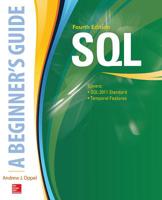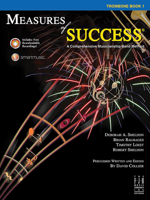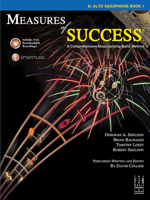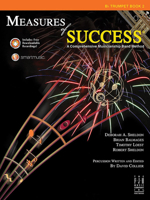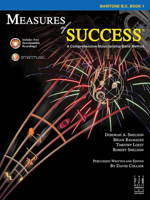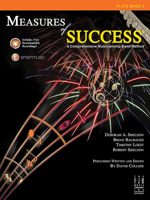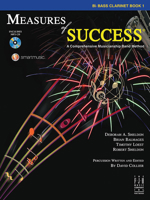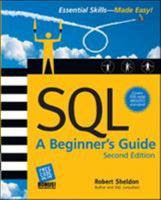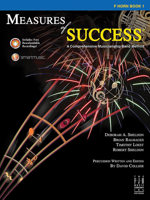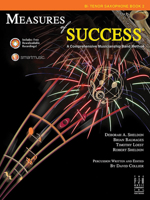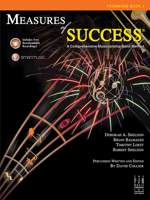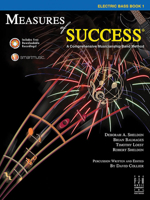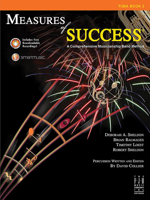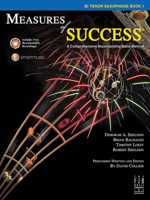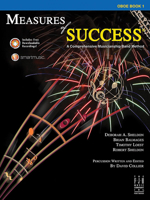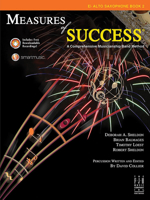You Might Also Enjoy
Book Overview
Olivia Miller has just finished her first year of law school. She is staying at her cousin John's house in Howland, MA to dog-sit his chocolate Lab while John goes on a business trip. Olivia promises to clean out the attic and she finds a stack of old newspapers that John's dad had saved. The articles recount the grisly murders of a young mother and her 4 year old daughter in the state park in Howland some forty years ago. John tells Olivia that the mother and daughter were their cousins and that the murderer was never brought to justice. Olivia decides to research the deaths and find out why no one was ever accused of the crime. (Loosely based on the unsolved murders of my distant cousins in Rutland MA, on June 5, 1973).
Format:Paperback
Language:English
ISBN:0865474710
ISBN13:9780865474710
Release Date:April 1991
Publisher:North Point Press
Length:272 Pages
Weight:0.66 lbs.
Dimensions:0.7" x 5.0" x 8.0"
More by Robert Sheldon
Customer Reviews
5 customer ratings | 4 reviews
There are currently no reviews. Be the first to review this work.













